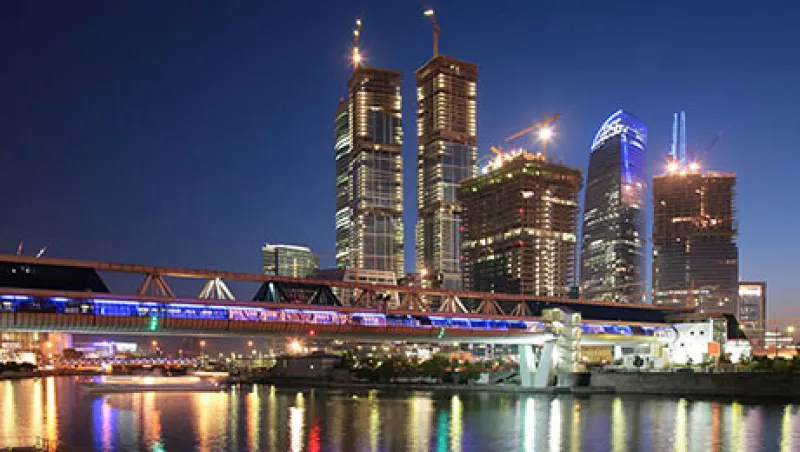
Russia’s Top Asset Managers Face a Long Bear Market
In the face of macro and geopolitical pressures, state-owned firms grab the meager spoils in investment management as foreigners, including BNP Paribas, head for the exits.
Craig Mellow
September 21, 2015


